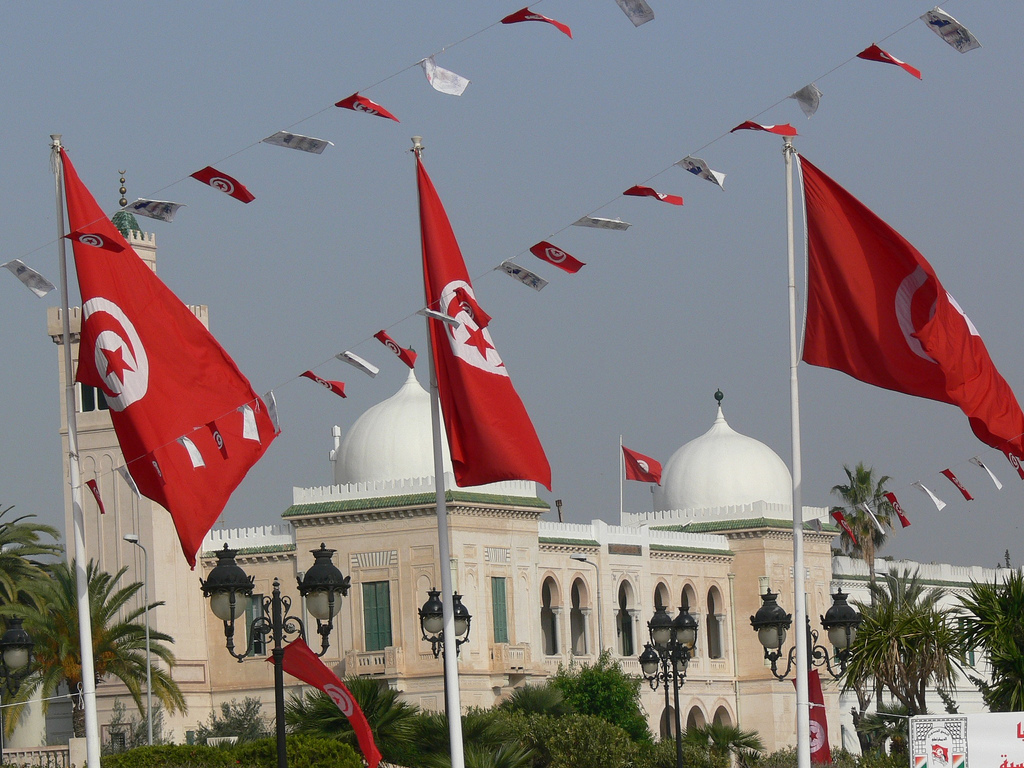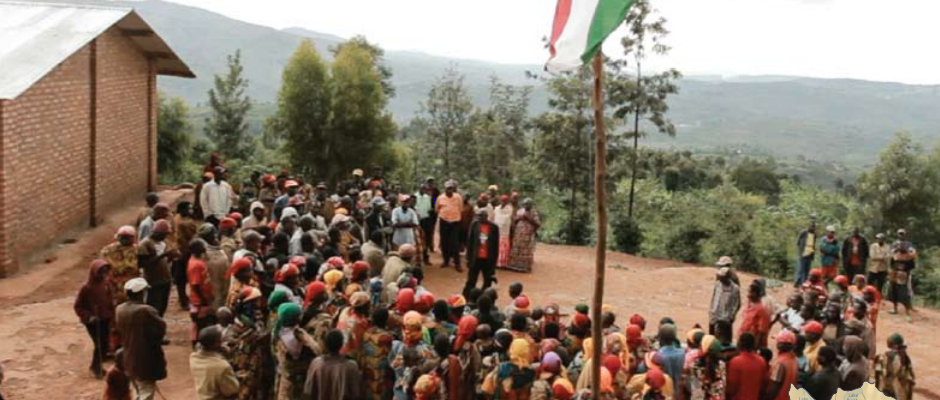
Six years ago, a revolution started in Tunisia with an unemployed young Tunisian in a secondary city desperate to make his voice heard. This revolution reshaped the country’s development agenda and triggered a decentralization process to give more say to local governments in policymaking. Since then, the World Bank’s work on local governance in Tunisia has expanded from equipping municipalities with basic services into tackling the diverse challenges of decentralization: institutional reform, participatory processes, transparency and accountability, capacity building, and performance assessment.
Across the Sahara, in Senegal, we have also witnessed first-hand the importance of making local voices count for good governance. For over a decade, local governments in the country have been striving to include the voice of their populations into policymaking processes. Similar to Tunisia, and improve urban livelihoods. This November, we brought together government officials from Tunisia and Senegal on a study tour in Tunis to explore and governance reforms supported by the World Bank’sPforR financing instrument.
What did we learn? Here are our main takeaways:
Decentralization agenda in Senegal and Tunisia
The study tour let Senegalese officials better understand the institutional and legal context of decentralization in Tunisia as the country moves toward local democracy. While Senegal has a longer history of decentralization (originally introduced in Act I of 1972), Tunisia took the “fast track” on enacting and implementing decentralization laws. Recent examples include the creation of the Ministry of Local Affairs in Tunisia in January 2016 and the transfer of power and resources from the central government to local agencies.
Read the full article here.




